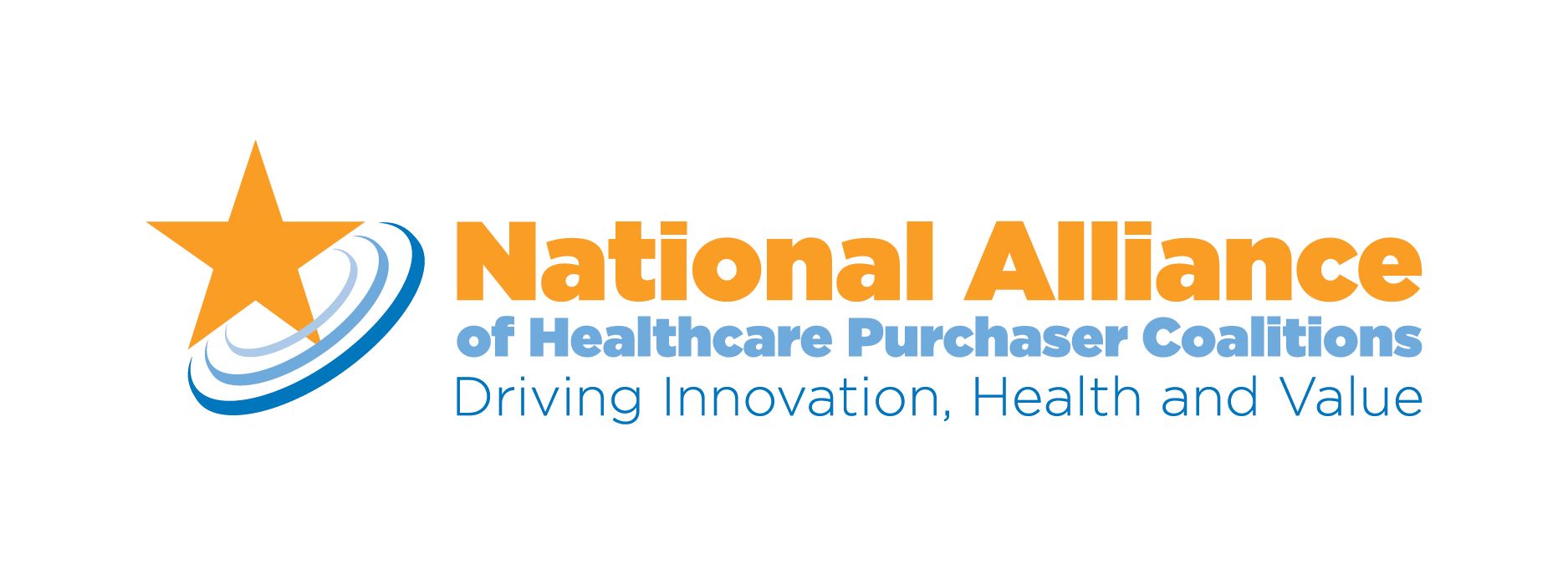
Denise Giambalvo on Upcoming Discussions at MBGH’s Behavioral Health Program

The Midwest Business Group on Health's program this week on behavioral health will explore strategies that employers have implemented to address rising anxiety and financial stressors in the workforce amid the coronavirus disease 2019 pandemic.
The Midwest Business Group on Health's program this week on behavioral health will explore strategies that employers have implemented to address rising anxiety and financial stressors in the workforce amid the coronavirus disease 2019 pandemic, said Denise Giambalvo, MBA, vice president of the Midwest Business Group on Health.
Transcript
AJMC®: Hello, I'm Matthew Gavidia. Today on the MJH Life Sciences’ Medical World News, The American Journal of Managed Care® is pleased to welcome Denise Giambalvo, vice president of the Midwest Business Group on Health, or MBGH.
Great to have you on, Denise. Can you just introduce yourself and tell us a little bit about your work?
Giambalvo: Thank you for having me here today, Matt. I’m Denise Giambalvo, vice president of MBGH. We are a 501(c)(3) employer coalition. Our members are mid-, large-, and jumbo-size private and public, primarily self-insured,
AJMC®: MBGH will be hosting a meeting this week titled, “
Giambalvo: So at MBGH, we took a special interest in mental health back in 2018. There was a small group of multistakeholders that came together and said, "We really need to take a hard look at where the barriers are to access and start chipping away at this, because things have to change. We can't continue down this path."
So, we had already started that and had some people stepping forward and saying, "Okay, we're gonna look at our data." Someone else said, "Well, we want to pilot an integrative model at the primary care level." And [we had[ some other initiatives that were taking place to address stigma and other things. Then of course, we come into 2020, and in February of 2020, we did a full-day program on mental and behavioral health.
So, that was our first year of dedicating a whole day to it, and we're continuing with that this year. But with the pandemic, we also saw a much greater need for access and just an overall heightened awareness of how different stressors impact our ability to function. So, employers, more than ever, have their eye on this and they've expanded services through adding digital platforms.
Some of them have done that, others are looking to do that, and they're all saying this isn't going away. We will continue to focus on this area and work with our employees to improve their mental health.
AJMC®: Can you touch upon what topics and discussions on behavioral health will be addressed during the meeting?
Giambalvo: We have a
And then we’re having a generational panel of employees who will be talking about how their employer has supported them through difficult times. Whether it's their own mental health or dependence, mental health that has been in decline, and what has worked for them. So, another exciting way to look at it. We don't usually get to hear from the patient and [about] their experience.
Newsletter
Stay ahead of policy, cost, and value—subscribe to AJMC for expert insights at the intersection of clinical care and health economics.








